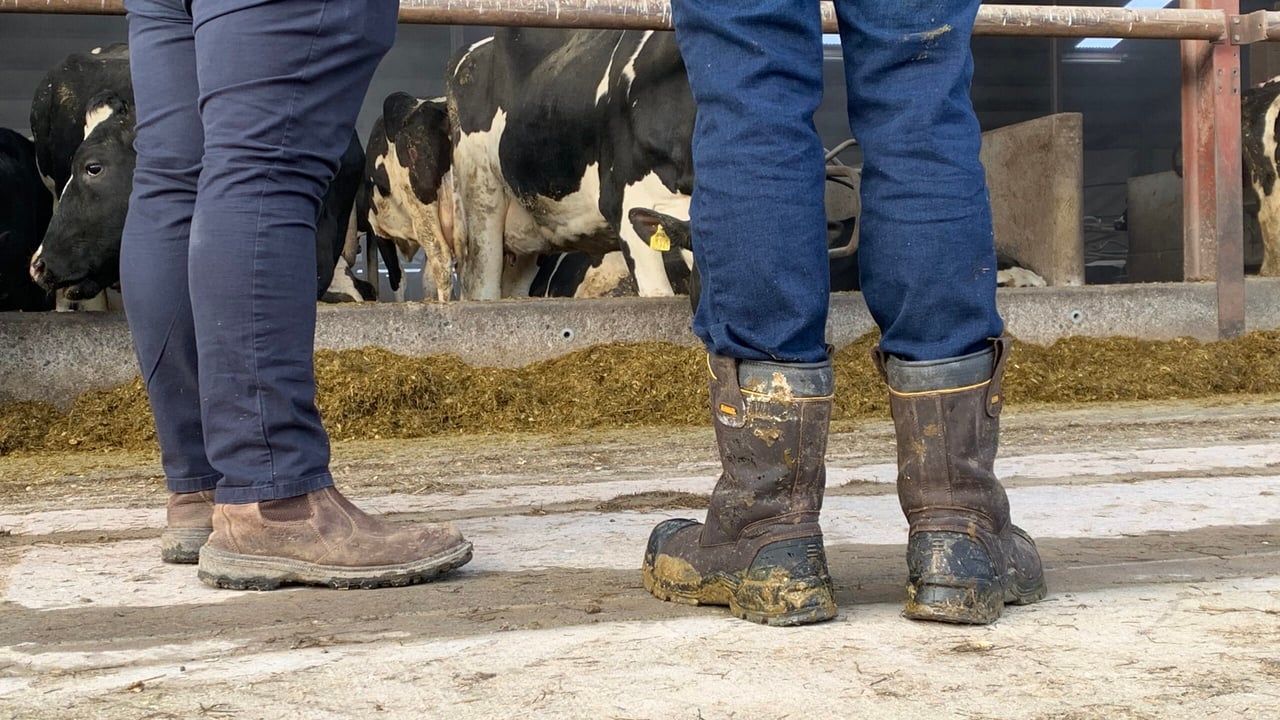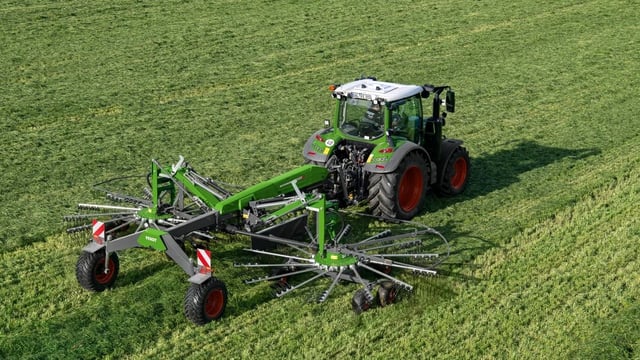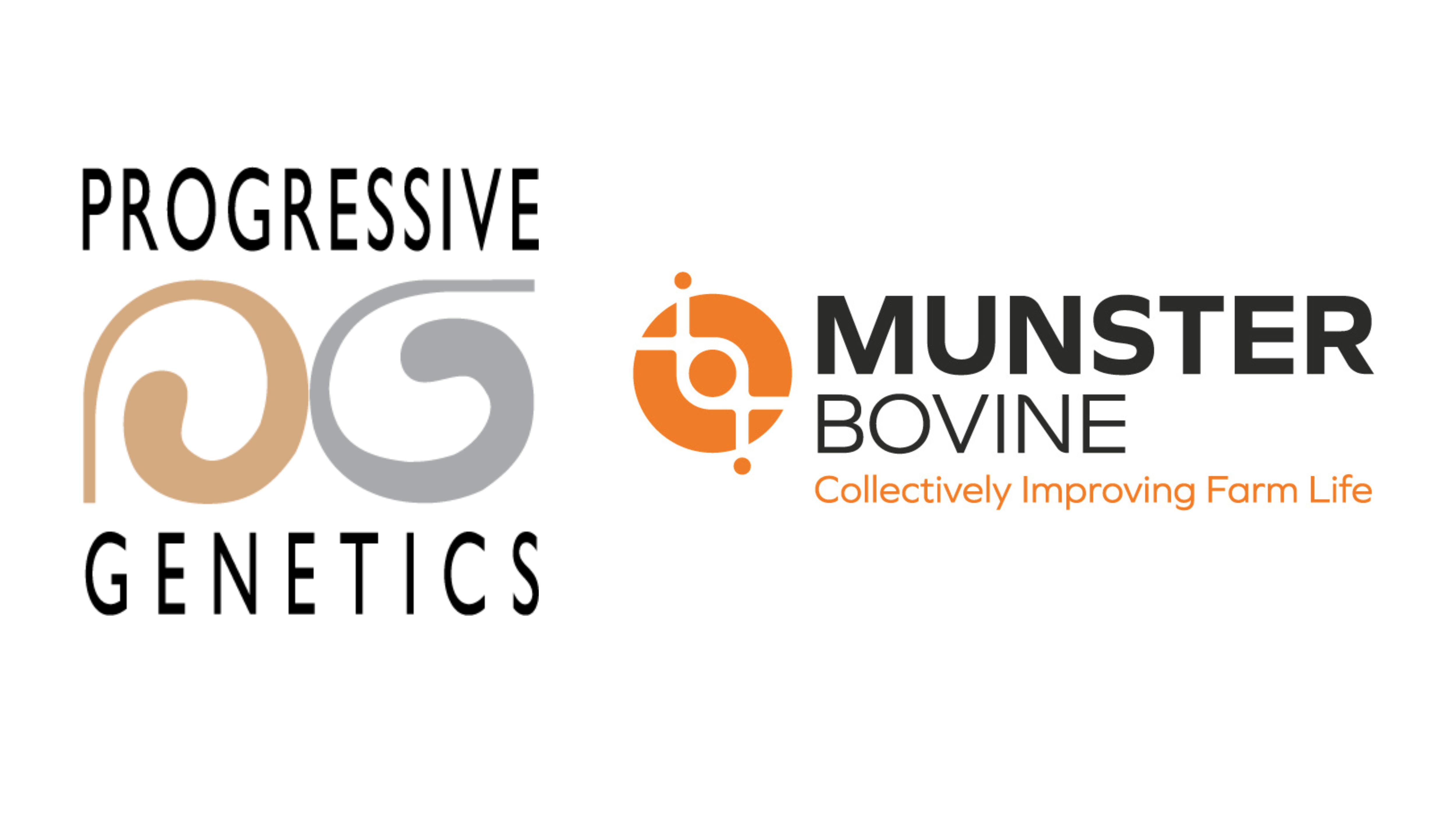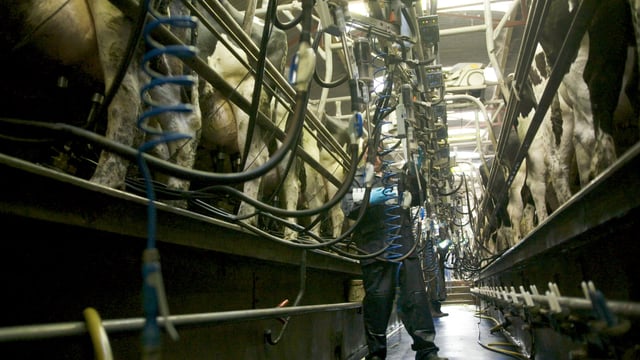What will Budget 2025 hold for farmer tax reliefs?
Budget 2025 is approaching, with the government set to unveil its spending and finance plans for next year on October 1.
Various tax reliefs are available to farmers and their families, and these are frequently mentioned in national budgets, particularly when they are about to come to an end and have to be extended.
In Budget 2024, announced last year, these tax reliefs were retained, although some saw slight alterations.
Each year during the summer preceding a national budget, the Tax Strategy Group (TSG) publishes a range of papers on Ireland's current tax regime; any reliefs that may currently apply; and any suggestions from stakeholders on how taxes can be amended to make them fairer or to meet current policy goals.
The TSG, which comprises civil servants and policy advisors from across the government departments, does not make decisions on the budget. Instead, it presents a range of papers which the Minister for Finance may take into account when preparing the national budget.
The TSG has met annually since the early 1990s in advance of the national budget each year. This year’s meeting took place earlier this month in advance of Budget 2025. It published several papers this week, including one on agri-taxation measures.
In previous years, the group has outlined possible changes that could be made to farmer reliefs, generally for the purpose of reducing the reliefs to increase tax revenue. These suggestions often coincided with similar recommendations from other stakeholders or stakeholder groups.
However, in this year's agri-taxation measures paper ahead of Budget 2025, the group outlines and describes the current reliefs (and outlines incoming changes already committed to in last year's budget) without noting any particular suggestions for changing the reliefs further.
A number of reliefs are available to farmers under Capital Gains Tax (CGT).
These include CGT retirement relief, which allows for CGT relief on gains arising in respect of certain farming assets. The tax is relieved, in whole or in part, where the person disposing of the asset(s) is aged 55 or over, and both owned and used the asset(s) in the course of a trade for the ten years prior to the disposal (they do not have to actually retire from farm work, despite the name).
The primary policy objective of this relief is to support the intergenerational transferof family farms and businesses. It is also designed to encourage the continuation of viable businesses and farms following the retirement of the existing owner, the TSG paper outlines.
A number of changes will be introduced to this relief from January 1, but these were outlined in last year's budget. Under these changes, the upper age limit of the disponer by which full relief can apply will be raised to 70. However, a lifetime cap on the full the amount of relief of €10 million will come into effect (currently, full relief is unlimited).
Farmer can also avail of CGT farm restructuring relief. This relief (which is separate from, but related to, Stamp Duty Farm Consolidation relief), allows for the full or partial relief from CGT where the disponer disposes of farmland in order to consolidate an existing holding, where Teagasc has certified that the transaction is carried out for that purpose.
The TSG paper said the relief remains relevant and contributes to assisting farmers in consolidating their holdings.
Farmers can also avail of relief on Capital Acquisitions Tax (CAT). The CAT agricultural and business reliefs are considered the most valuable of the reliefs and exemptions available from CAT.
CAT agricultural and business reliefs operate by reducing the market value of qualifying agricultural property and the taxable value of relevant business property respectively, by 90% for CAT purposes.
The primary policy rationale for CAT agricultural relief, according to the TSG paper, is to promote the intergenerational transfer of family farms and ensure they continue to be actively farmed.
Apart from CGT and CAT, farmers can avail of reliefs from other taxes.
Under Stamp Duty, relevant reliefs include (but are not limited to):
- Consanguinity relief - Reduced Stamp Duty rate on transfers of farmland to relatives;
- Farm consolidation relief - Provides for reduced Stamp Duty on transfers for the purpose of farm consolidation, similar to CGT farm restructuring relief);
- Young trained farmer Stamp Duty relief - Allows for full relief if age and educational conditions of young trained farmer are met.
Income tax reliefs are also available, including:
- Income averaging;
- Capital allowances;
- Stock reliefs;
- Rental reduction for leasing;
- Relief for increase in carbon tax on farm diesel;
- Relief for stock transfer for discontinued farming trade;
- Profits from the occupation of woodlands;
- Compulsory disposals of livestock;
- Succession farm partnerships.





